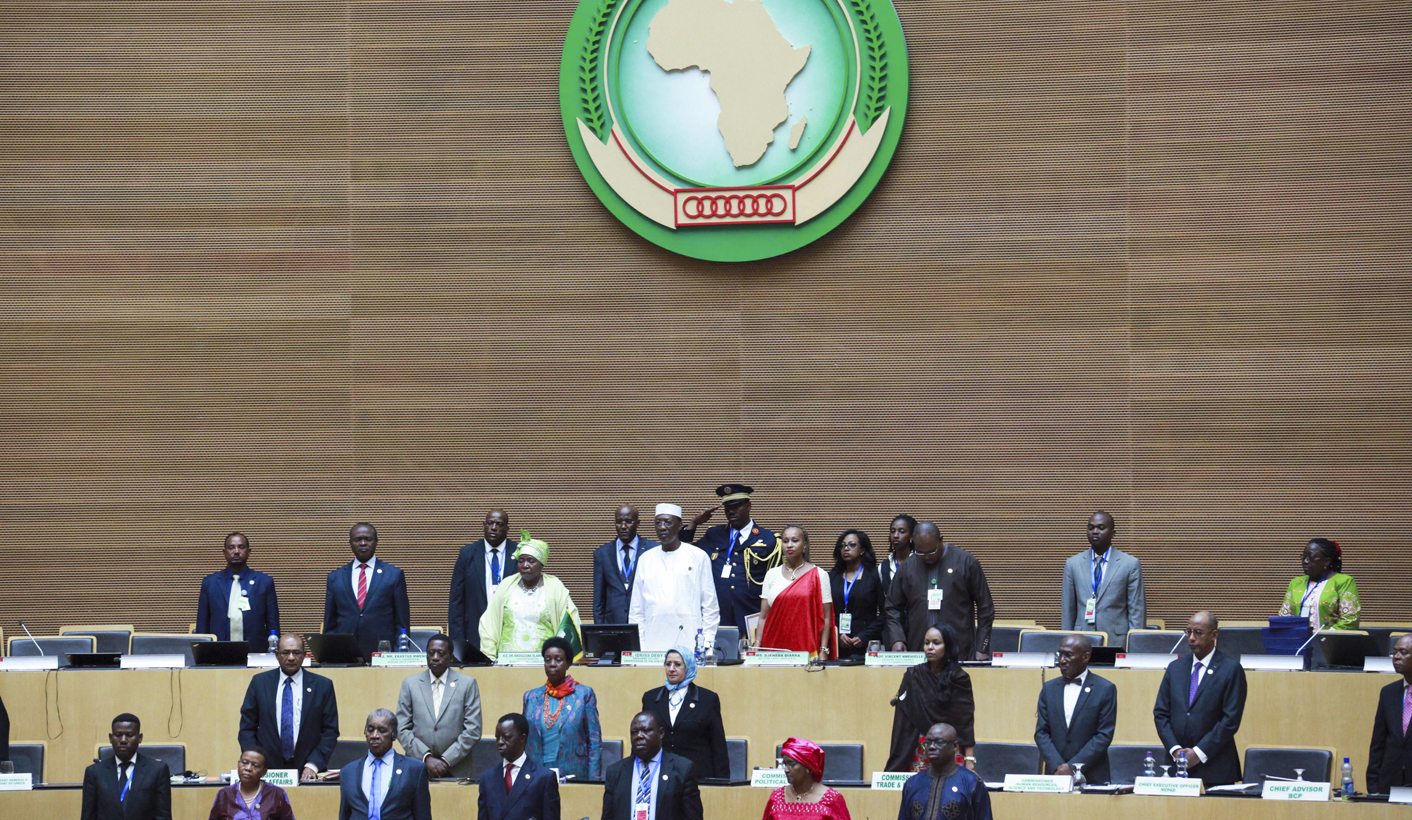AfCFTA: Free Trade and Matters Arising
With rising trade and economic nationalism, buoyed mostly by President Donald Trump’s rationalization of his philosophy of “America First” foreign and economic policy stance, the world is experiencing an avalanche of changes. The US leader then goes on to slam – or threaten to slam – punitive tariffs on the goods from countries he thinks are not playing fair in the trade game with the world’s largest and richest economy.
After China, more and more countries are coming under President Trump’s tough rhetoric and protectionist hammer: Canada, Mexico, Japan, Russia, India, Iran and even the continent of Africa, which once enjoyed a preferential trade pact with the US.
The author of The Art of the Deal has jettisoned multilateralism on which global trade has rested since the end of World War II for bilateral deals with the country, picking and insisting on terms that favour his country, effectively pulling the brakes on globalization and fanning the embers of nationalism worldwide.

This unsettling disruption to the established world order is what the African Export-Import Bank (Afreximbank) is examined at its just concluded 2019 Annual Meetings in Moscow, Russian. Prof. Ha-Joon Chang, Korean-born Professor of Economics, Institute for Public Policy Research, Cambridge University and author of Bad Samaritans, Chief speaker at the main seminar Prospects for Multilateralism in the Era of Protectionism, lampooned the notion of the level playing field, and argued that the developing world must ignore it if it hopes to grow as the rich world did over time.
“The idea only makes sense when the players are equally matched,” he reasoned” and no one can say that such poor countries as Guinea Bissau or Namibia stand a chance against the mighty United States whose currency, the dollar, rules the world!
The Cambridge don drew a burst of laughter from the packed auditorium when he employed the analogy of boxing in which contests are only deemed fair only when contestants are in the same weighed bracket. The US and other rich world countries such as Britain, France, Germany, and Japan, he contended, are heavyweights angling to square off with lightweights.
The hypocrisy rankles all the more when the economic history of the world indicates that all rich world countries did the same things developing countries are today accused of in the 18th and 19th and early 20th centuries, viz: intellectual property theft, counterfeiting, tariffs, and quotas.
What then can developing countries do to cope with the growing retreat into nationalism in the developed economies? Prof. Ha-Joon counsels that they must deal with the biased system in “pragmatic ways”, building infrastructure, integrating for bigger markets where the countries stimulate and learn from one another since political and economic interests naturally go together.
Veronika Nikishina, Minister in Charge of trade, Eurasian Economic Commission, a distinguished panelist at the session, regrets that “multilateral trade is cracking’ and being replaced by “selfish protectionism”. The commission, she says, remains committed to free trade, and is currently negotiating with Iran, Serbia, Singapore and some African countries, including Egypt. Waxing philosophical, Nikishina calls on all countries to each “light a candle so we can make the image we want”.
Interestingly, the only African panelist, Albert Muchanga, Commissioner for Trade and Industry of the African Union, is not as optimistic that the current descent into nationalism in the developed world would slow down or abate. The “playing field is going to be increasingly ‘unlevel’”, he laments. His reasons are cogent: Artificial Intelligence and robotics are, regrettably, impediments, because they eliminate the low-skill and repetitive jobs that most African workers do. Moreover, export-led development which Asian countries grew on is closing up, so Africa needs its own home-grown model.
The solution? Predictably, Muchanga sells the African Union’s pitch: African Continental Free Trade Area (AfCTA), which is integrating the continent for a large market that does not depend on the whims of developed countries. Fortunately, plans are about concluded on all the details of the protocols and processes needed for take-off.
Afreximbank’s choice of Moscow as the venue of this year’s annual meetings demonstrates the new thinking in Africa. According to Prof. Irina Abramova, Director, Institute for African Studies of the Russian Academy of Sciences, institutions in Russia are talking about the growing role of Africa in global business because of its important mineral resources and large population and market.
Her observation and claim are corroborated by none less than Afreximbank’s President, Prof. Benedict Okey Oramah. He disclosed that Africa – Russia trade has blossomed 70% in the past two years since the Bank started dealing with the Russian Federation, valued at over $5 billion. This year’s Russia –Africa Events simply mark the beginning of the type of diversification and expansion Africa must embark on to climb on to the global trade arena in spite of the challenges posed by the growing trend in protectionism sweeping the world.
Kelechi Deca

Kelechi Deca has over two decades of media experience, he has traveled to over 77 countries reporting on multilateral development institutions, international business, trade, travels, culture, and diplomacy. He is also a petrol head with in-depth knowledge of automobiles and the auto industry.










